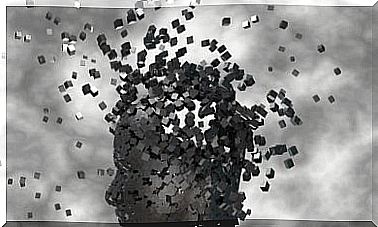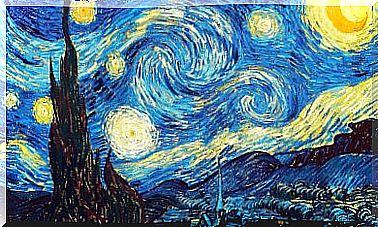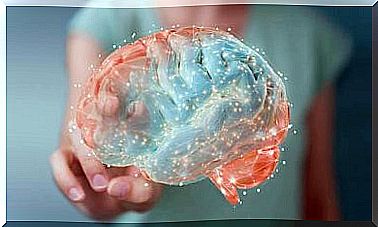Why Do We Dream?
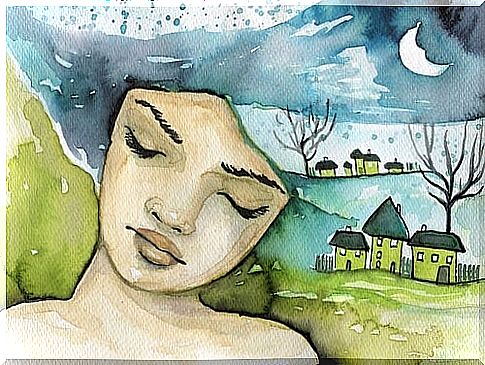
Dreams are an irreplaceable part of the richness of being human. We can remember or not, they can be pleasant or terrifying, but the truth is that we all dream, without exceptions.
That is why dreams are a constant in historical texts, as part of mythology and religion. But are dreams an unimportant part of our existence or do they really transcend the anecdotal?
How much do we dream?
We spend a third of our lives sleeping. However, we only dream in phases of a few minutes. If we calculate an average, according to research, it is calculated that, throughout our lives, we dream about 6 whole years.

During this process, the brain is activated requiring for this that the blood flow in it is double that necessary during the waking state. Only one part of the brain stops working while we sleep : the logical center.
It is for this reason that dreams often acquire shades of unreality. In addition, the brain sends signals to the spinal cord so that the musculoskeletal system is not activated and we keep still.
The only thing that we always move while we dream are our eyes. It is something that happens during the phase known as REM (rapid eyes movement).
What is the function of dreams?
An important function of the brain during sleep is to discard and select memories. Therefore, before an exam it is preferable not to spend the night studying, but to rest the mind and consolidate the memory. And that is only achieved if we sleep the necessary time.
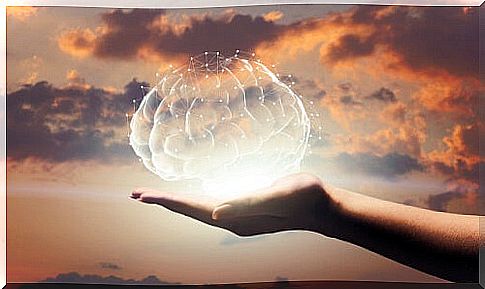
When we dream, our brain tries to solve the problems that occupy us during the day. Therefore, sleeping can be the solution to a problem that we cannot solve.
Likewise, a dream can be a faithful reflection or, in most cases, symbolic of what occupies our mind, our fears and our desires. Hence, nightmares that evoke fears are common, such as a lack of self-confidence, which can be reflected, for example, in a dream in which the person is naked in a public place.
But sometimes, it is the dream that helps to eliminate those fears. It is, at least what some theories point out. When dreaming about that which scares us in a different context, what happens is that that fear is lowered. It does not always happen, it is true, but it can serve as an escape route.
What Freud said
Sigmund Freud is undoubtedly one of the most relevant figures who has studied everything related to the world of dreams. Freud argued that the function of dreams was to satisfy our desires. However, this is just one of many answers to the question: why do we dream? What function do dreams serve?
The reality is that the world of dreams remains a mystery. Neither the hundreds of pages of Freud’s Interpretation of Dreams , nor the many studies that have been made about dreams, have been able to reliably answer all the questions that exist about them.
But one thing we do know: we do n’t waste a third of our life sleeping. Sleeping is not a waste of time, it is necessary for the proper daily functioning of people.
Activation-synthesis theory
In 1989, Hobson, proposed the activation-synthesis theory. This theory is based on the fact that, during REM sleep, it has been observed that numerous circuits of the brainstem are activated and bombard the cerebral cortex with neural signals.
The core of this theory is that the information supplied to the cortex during REM is largely random. And that the dream would represent the cortex’s attempt to make sense of these random signals.
This theory does not deny that dreams can have meaning. However, it differs from Freud’s theory in its interpretation. Without a doubt, why we dream is still something that science and the study of the brain are passionate about. Despite all the scientific advances, new data is always coming out, throwing up new theories. Will we ever know exactly why we have dreams at night?
